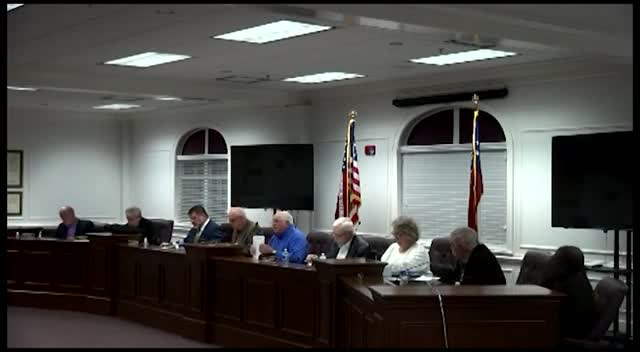Article not found
This article is no longer available. But don't worry—we've gathered other articles that discuss the same topic.
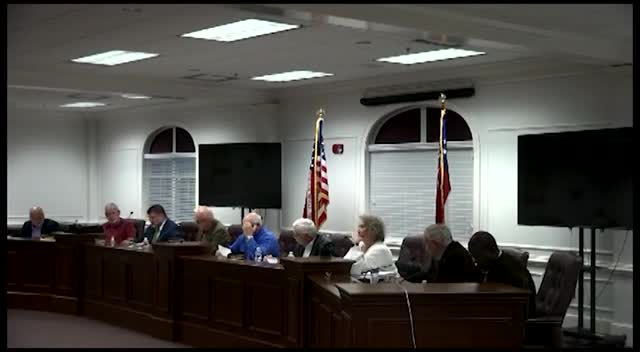
Commissioners approve one-year memorandum with Pineland Behavioral Health
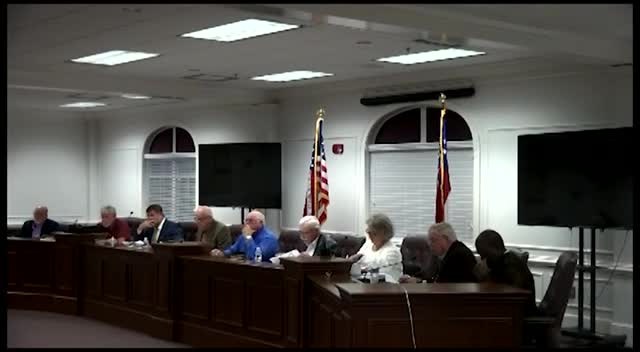
Commissioners accept low fence bid for jail yard, note ARPA funds and likely budget amendment
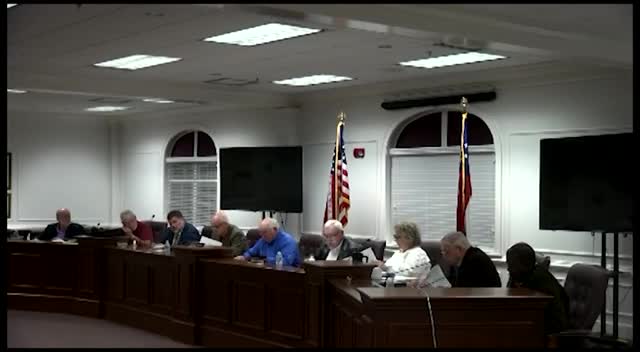
Board approves resolution to join ACCG first-responder PTSD program; selects representative and lower coverage limit
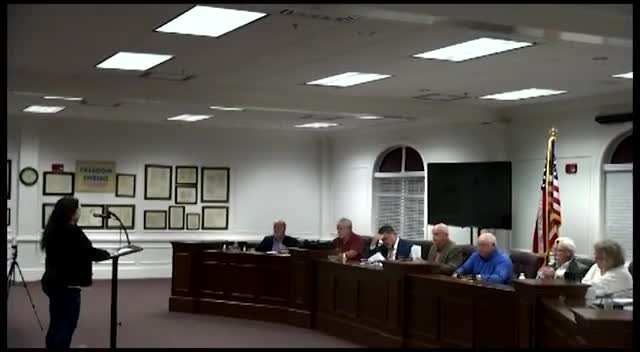
Commissioners table Phillips & Jordan debris contract review after public complaints of landowner damage
